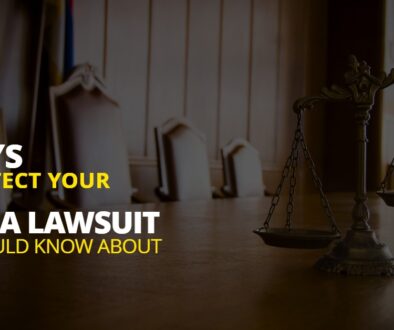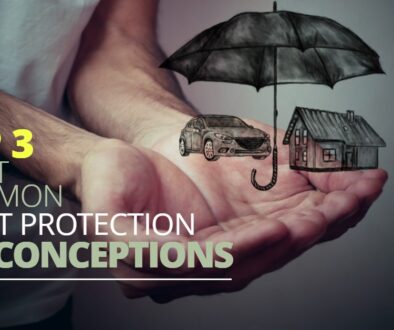How Doctors Can Avoid Mistakes When Protecting Their Assets

Because doctors are so vulnerable of being sued in a medical malpractice suit, they must proceed with extreme caution in protecting their assets. Here are some common missteps made by doctors when drafting an asset protection plan.
An error typically made is incorrectly titling their assets, which could place a doctor’s finances into jeopardy.
To avoid potential problems brought on by lawsuits, many practicing physicians title their assets over to their spouse. However, this could cause problems down the road if you decide to divorce or if your spouse ends up in legal trouble.
Doctors often put their name on the titles of vehicles that are regularly used by others.
If someone else such as your adult children often operates vehicles like cars, jet skis, and boats that are legally in your name, then you could get sued if your kid gets into an accident.
Many of my clients in the medical community fail to purchase sufficient umbrella liability insurance.
Umbrella liability insurance covers the gaps left by homeowners and auto insurance. Often, a robust umbrella insurance plan can act as an additional layer of security when facing a lawsuit.
Medical practitioners often overlook the details of transferring assets to an IRA, which differs depending on the state.
State law governs both Roth and traditional IRAs, meaning that transferring pension plans into an IRA can often risk exposing your assets. Make sure to consult with a seasoned asset protection attorney before making any major decisions.
Many physicians mistakenly think that revocable living trusts are protected from creditors.
The reason why many people opt for revocable living trusts is because it allows you to freely transfer assets in and out of the trust. While this may be convenient, the real drawback is that a judge could order you to use money in a living trust to pay back a creditor.
When putting a protection plan into place, many are unsure about how to protect assets that are intended for inheritance.
Assets that are to be passed along to heirs must be protected in an asset protection trust that has more than one trustee who is someone other than the beneficiary. This way, your assets will be shielded from someone like an ex-spouse taking money away from your children, for instance.





